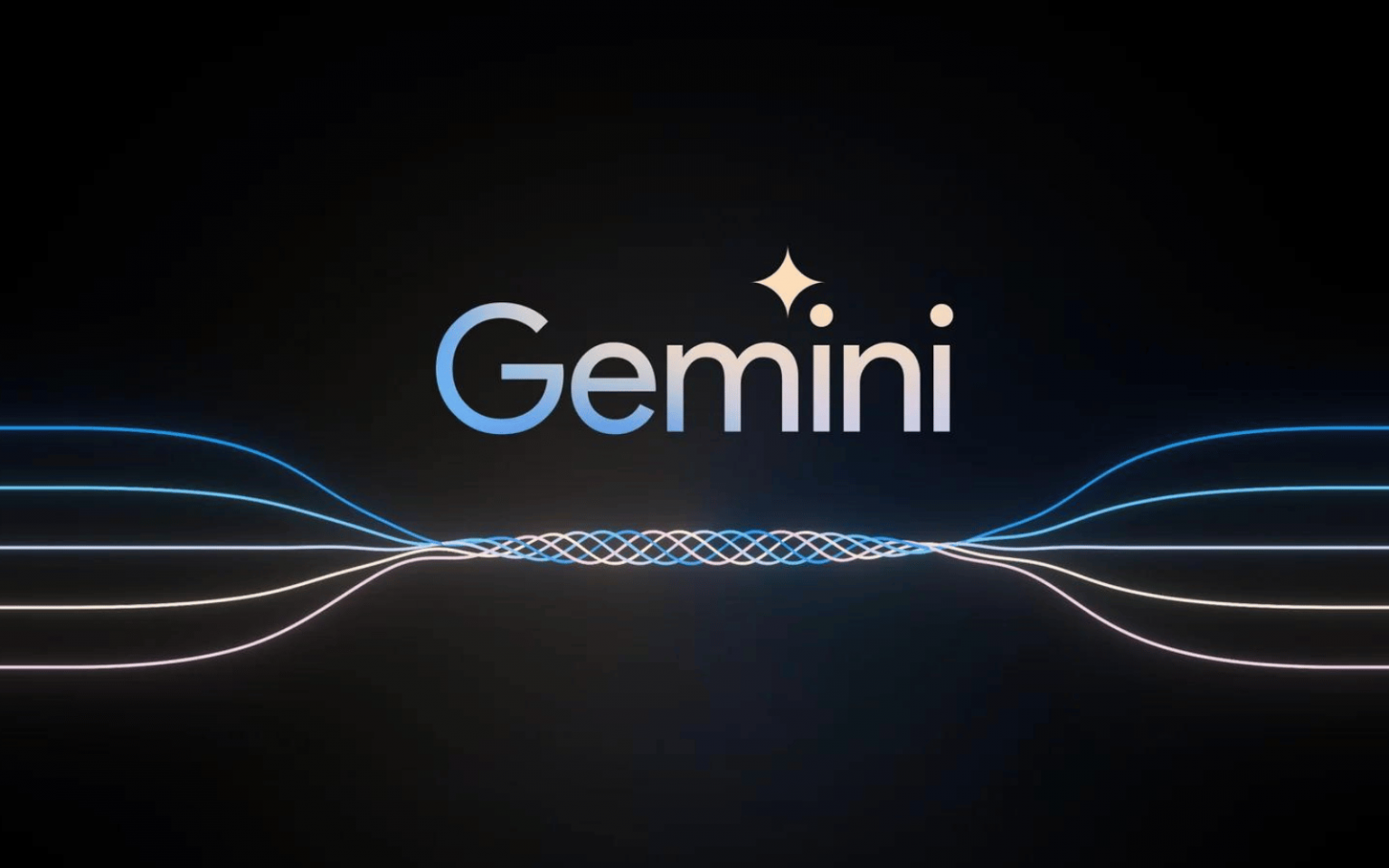Artificial intelligence (AI) is poised to revolutionise the way we diagnose and treat illness. It could be particularly helpful for depression because it could make more accurate diagnoses and determine which treatments are more likely to work. Some 20% of us will have depression at least once in our lifetimes. Around the world, 300 million people are currently experiencing depression, with 1.5 million Australians likely to be depressed at any one time. Because of this, depression has been described by the World Health Organization as the single biggest contributor to ill health around the world. So how exactly could AI help? Depression can be hard to spot Despite…
Author: The Conversation
“Drone fishing” is a relatively recent innovation in the use of unmanned aerial vehicles. Some recreational anglers are using personal drones to fly baited lines into hard-to-reach areas of water, or to look for good fishing areas. Recreational fishing is a popular sport and hobby in South Africa, which has a 2,850km shoreline. The most recent estimate of the number of marine shore based anglers is about 400,000. The group of researchers I’m part of, who study linefish (fish caught using hook and line) became aware over the past 10 years or so of the increased practice of drone fishing. This…
When ChatGPT was released in November 2022, it sparked many conversations and moral panics. These centre on the impact of generative artificial intelligence (AI) on the information environment. People worry that AI chatbots can negatively affect the integrity of creative and academic work, especially since they can produce human-like texts and images. ChatGPT is a generative AI model using machine learning. It creates human-like responses, having been trained to recognise patterns in data. While it appears the model is engaging in natural conversation, it references a vast amount of data and extracts features and patterns to generate coherent replies. Higher education is one…
The two small moons of Mars, Phobos (about 22km in diameter) and Deimos (about 13km in diameter), have been puzzling scientists for decades, with their origin remaining a matter of debate. Some have proposed that they may be made up of residual debris produced from a planet or large asteroid smashing into the surface of Mars (#TeamImpact). An opposing hypothesis (#TeamCapture), however, suggests the moons are asteroids that were captured by Mars’s gravitational pull and were trapped in orbit. To solve the mystery, we’ll need material from the moons’ surfaces for analytical analyses on Earth. Luckily, the Japan Aerospace Exploration Agency (Jaxa) will launch a mission, named “Martian…
When it comes to accessibility in gaming, Microsoft takes two steps forward with the Xbox Adaptive Controller, but a giant leap back with its ban on third-party devices. On Oct. 31, some Xbox players began receiving a new error code on their Xbox One and Xbox Series X/S consoles. The error code meant that players were using an unauthorized third-party controller — one not made by Microsoft or an official hardware partner. Players were given two weeks’ notice until the unauthorized controller would no longer work with their consoles. Essentially, Microsoft had quietly banned the use of controllers not made or approved by…
Google has launched Gemini, a new artificial intelligence (AI) system that can seemingly understand and talk intelligently about almost any kind of prompt – pictures, text, speech, music, computer code and much more. This type of AI system is known as a multimodal model. It’s a step beyond just being able to handle text or images as previous ones have. And it provides a strong hint of where AI may be going next: being able to analyse and respond to real-time information coming from the outside world. Although Gemini’s capabilities might not be quite as advanced as they seemed in a viral video, which…
Among the many changes brought about by the pandemic is the widespread use of QR codes, graphical representations of digital data that can be printed and later scanned by a smartphone or other device, but there are some security risks. The Federal Trade Commission warned again in December 2023 about the danger of scanning a code from an unknown source. QR codes have a wide range of uses that help people avoid contact with objects and close interactions with other people, including for sharing restaurant menus, email list sign-ups, car and home sales information, and checking in and out of medical and professional appointments. QR…
Artificial intelligence (AI) is widely regarded as a disruptive technology because it has the potential to fundamentally alter social relationships. AI has affected how people understand the world, the jobs available in the workforce and judgments of who merits employment or threatens society. Nowhere is this more apparent than in warfare, which is defined by social and technological processes. Technologies such as autonomous weapon systems (AWS) and cyberweapons have the potential to change conflicts and combat forever. Justifying warfare Acts of violence committed in war are often framed in virtuous terms, with justice and other morality motivations used to legitimate armed conflict. Yet “just wars” require both clear definitions of who is…
The festive season is a time for joy, family and festive cheer. However, it’s also a prime target for cybercriminals. As online shopping ramps up, so does the risk of falling prey to cyber-attacks. That’s why it’s crucial to be extra vigilant about your cybersecurity during this time. Here are some essential tips to safeguard yourself and your data during the festive period: Phishing Phishing is when criminals use scam emails, text messages or phone calls to trick their victims. Their goal is often to make you visit a certain website, which may download a virus on to your computer, or steal bank details…
In 1963, six years after the first satellite was launched, editors from the Encyclopaedia Britannica posed a question to five eminent thinkers of the day: “Has man’s conquest of space increased or diminished his stature?” The respondents were philosopher Hannah Arendt, writer Aldous Huxley, theologian Paul Tillich, nuclear scientist Harrison Brown and historian Herbert J. Muller. Sixty years later, as the rush to space accelerates, what can we learn from these 20th-century luminaries writing at the dawn of the space age? The state of space 60 years on Much has happened since. Spacecraft have landed on planets, moons, comets and asteroids across the Solar System. The…










